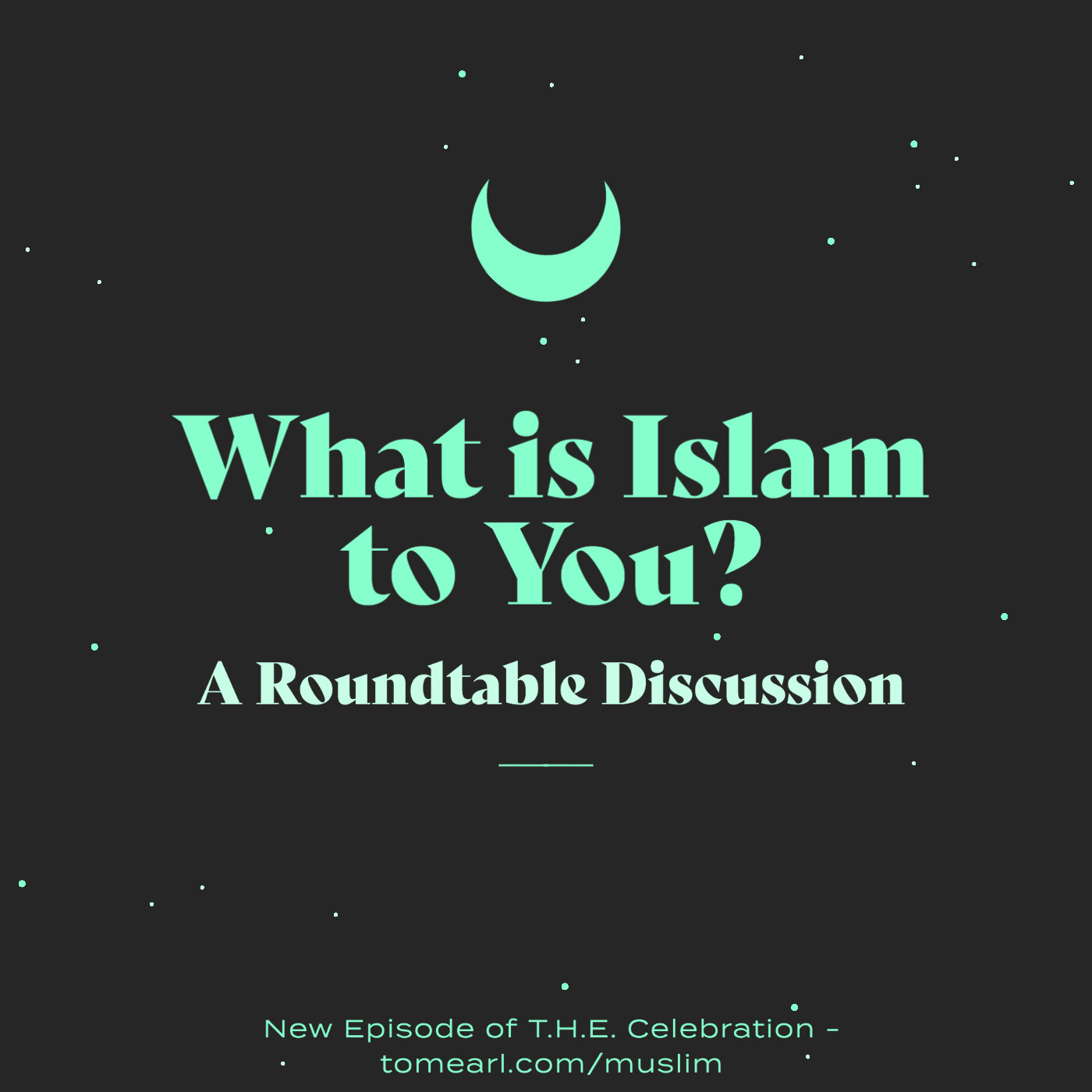“You’re Muslim? Really?” This is a question I’ve been asked many times by both Muslims and non-Muslims.
Usually, shock and raised eyebrows accompany the question.
Sometimes, it’s also accompanied by a clenched fist of anger and a feeling of betrayal, with an undertone of, “I thought you were one of us” permeating the question.
It’s fair to say that in the American mindset, there is a dominant image that we picture when we are prompted to envision a Muslim.
For the most part, that picture isn’t of a white guy named Tom hailing from a small rural town in Wisconsin.
In fact, if we were to continue down Stereotype Road, the white guy named Tom socialized in a small rural American town would be the one voting for politicians who want to ban Islam.
Accordingly, given my background, there has been some curiosity as to how I embraced Islam.
Over the years, I have been asked to be a part of a few “viral” videos that explore the Muslim American identity.
Each time these videos were released, I was gifted an opportunity to receive massive feedback on the deeper implications of “Meet a Muslim” type videos.
One takeaway, for me, has been this:
While my story has elements of it that are rich and unique, I also have many social advantages that my fellow Muslims may not. Therefore, there is a real danger that my story is continually elevated over that of other Muslims.
We all have something beautiful and powerful to contribute in the telling of our own stories.
Each time we listen to one another’s stories, it allows us an opportunity to see the world through someone else’s eyes.
I believe this is one of the first seeds of empathy.
This isn’t to discount or minimize my own story: but I do believe that when my story becomes a focal point, we lose sight of the richness of Muslim American experience.
Whenever I am asked to share my experience as a Muslim American – these thoughts occupy my mind as I consider my participation.
Which is why, when my good friend, Chris, asked me if he could interview me about being Muslim, I paused to consider first.
After thinking, I said, “yes, and”:
Let’s do a roundtable where you ask other Muslims about their experiences too.
I’ll record the conversation and share it with my podcast listeners.
He gave an enthusiastic green light to both ideas.
This was decided at 10AM. The interview was scheduled for 2PM that very same day.
Over the next 4 hours, I sent out texts and DMs to my friends asking if they were free at 2PM and if they’d like to be a part of the roundtable.
I am grateful to the guests who agreed to chat with Chris and me on such short notice, and with minimal detail and direction.
Please accept my sincere apologies in advance if you feel your voice is absent from this conversation. Islam has an incredibly diverse following, and I could never do that diversity justice in a one-hour episode.
Now, this may go on the record books as the longest podcast writeup in the history of Tom Earl podcast writeups, so I’ll end it here, but:
My friends – do yourself this favor.
Hit play on this one.






